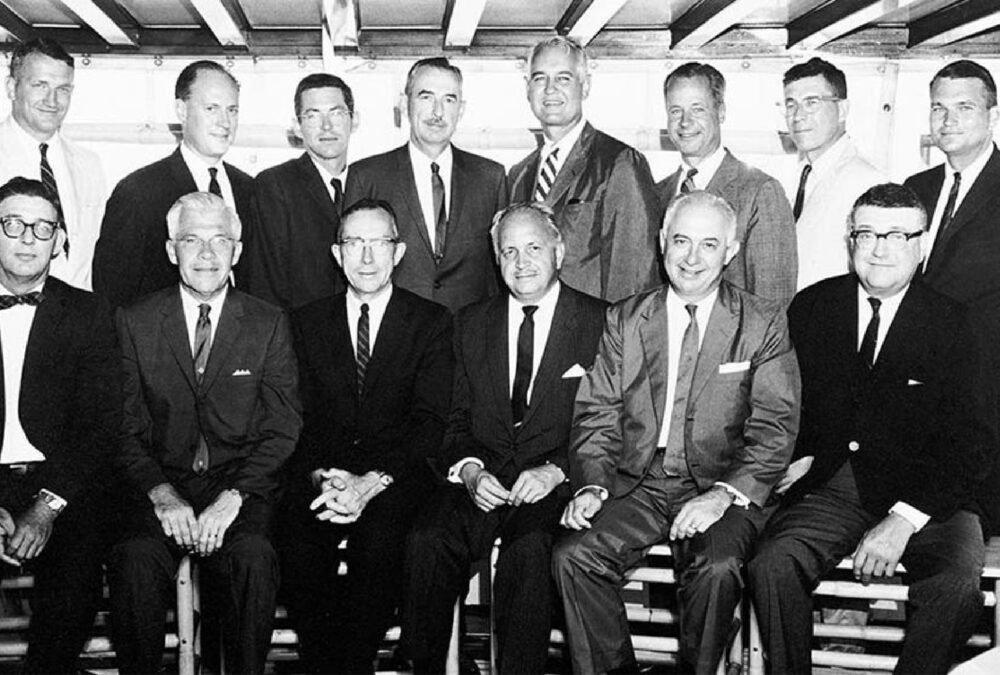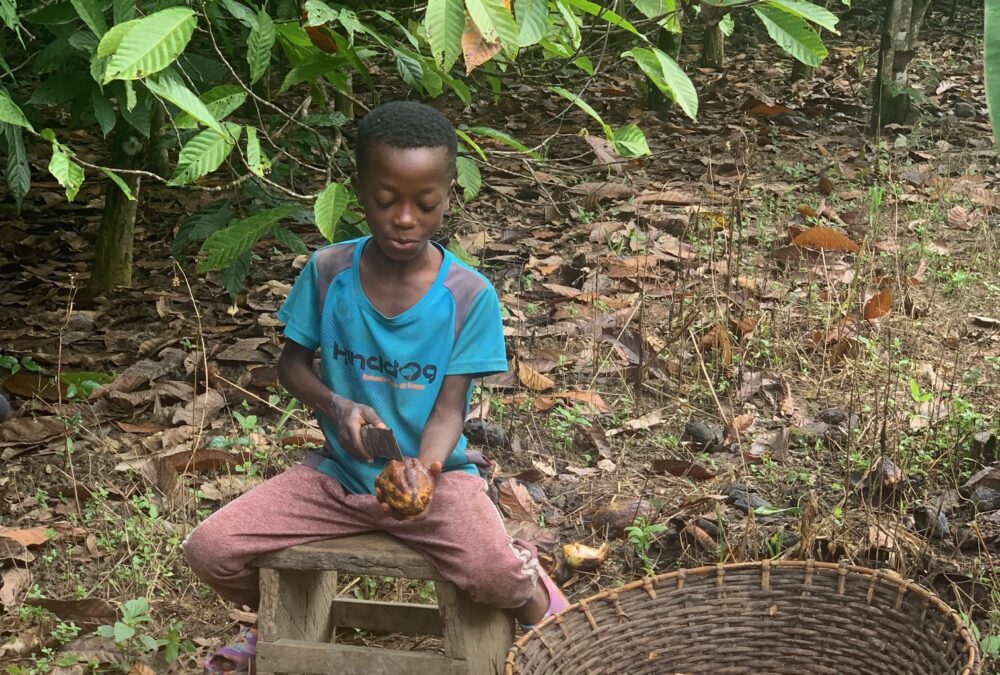
Family Secrets
You may never have heard of Cargill, but chances are that whatever you ate or drank today involved something from this agricultural giant. The company is responsible for growing, trading, and processing a staggering amount of the meat, cocoa, corn, beans, salt, grains, oil eggs, and many other ingredients in the food we eat.
Cargill, headquartered in Minnesota, is the largest privately owned company in America with $165 billion in revenues in 2022 alone. With twenty family members owning approximately 88% of the company, the Cargill-MacMillans have more billionaires than any other family in the world.
Knowingly or unknowingly, the Cargill-MacMillans reap huge profits from the destruction of forests, child labor and Indigenous Rights abuses. Yet they’re almost invisible from the fabric of society. It is time for them to speak up and take action to reform their company.


Deforestation
As the largest agricultural company in the world, Cargill presents both the greatest opportunity and the greatest obstacle to removing nature’s destruction from the agricultural supply chain.
Although Cargill has promised to end deforestation practices for products in its supply chain, they have not yet fulfilled those commitments, and the company continues to invest in ports, trains, and other infrastructure in South America that will directly or indirectly destroy the forests and other ecosystems they have committed to save.


Human Rights Abuses
Cargill is known to source from plantations that employ child labor, especially in the cocoa industry in West Africa. Despite Cargill’s public commitment to ethical practices and the elimination of child labor in its operations, activists and human rights organizations argue that the company has not done enough to eliminate human rights abuses from its supply chain.
Cagill’s sources from lands taken from Indigenous communities and its port and railway developments also continue to threaten the lives and livelihoods of Indigenous and traditional communities and violate their right to free, prior and informed consent (FPIC).


Child Labor
As a part of the “Harkin Engel Protocol,” Cargill agreed to a “comprehensive, six-point problem-solving approach along with a time-bound process for credibly eliminating the use of abusive child labor in cocoa growing.”
Over the next 10 years, the company, along with the rest of the industry, extended the timeline to address the labor violations twice, and in 2010 dramatically lowered the initial target of eliminating “the worst forms of child labor” by 70 percent. But even that low bar, which still acknowledged and allowed child labor, was not met. In fact, a U.S. Department of Labor-funded study found that the number of children harvesting cocoa in Côte d’Ivoire and Ghana has increased since the commitment–not decreased.

A Staggering Amount Of Proof

Promises to Keep
On November 27, 2023, Cargill announced a commitment to eliminate deforestation and land conversion in Brazil, Argentina, and Uruguay by 2025.This commitment by Cargill is potentially a huge and long-awaited step forward for the planet and the Indigenous communities who depend on these ecosystems. Unfortunately, given Cargill’s long track record of breaking previous commitments – it is hard not to be skeptical.



